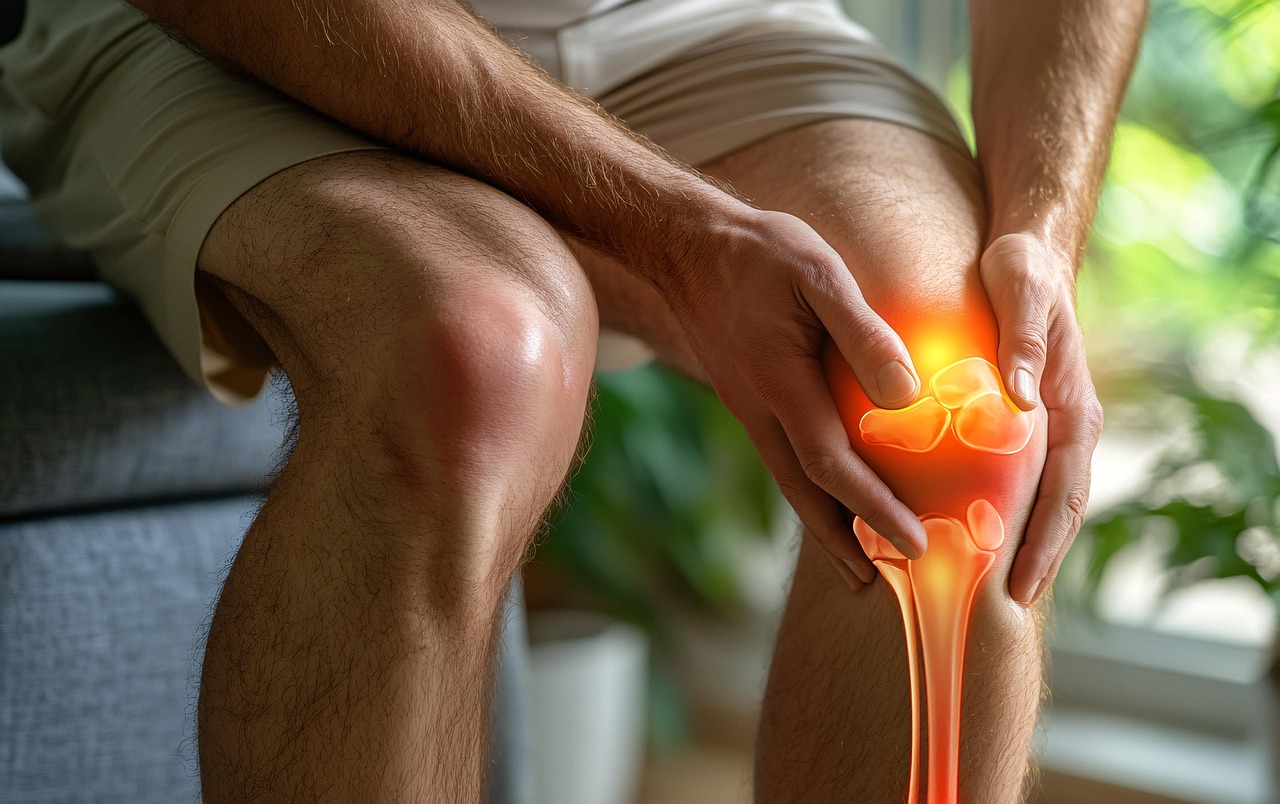25
Sep 2024
Brisbane Hospital Introduces Advanced Robotic Technology for Knee Surgery
Published in News on September 25, 2024

Brisbane’s north now boasts cutting-edge robotic technology, with North West Private Hospital introducing a new surgical robot designed for knee replacement surgeries.
Michelle Hogan, a 56-year-old hairdresser, was the first patient to benefit from this advanced technology. After enduring knee pain for over three years, Hogan underwent a knee replacement using the robotic system.
Her constant pain had forced her to reduce work hours and give up exercise, despite trying various treatments such as anti-inflammatories, physiotherapy, and injections, all of which offered little relief.
Dr. Mark Dekkers performed Michelle Hogan’s knee replacement using the new Velys robotic system, marking a significant advancement in knee surgery.
“The introduction of robotics is a game changer in total knee replacement surgery,” Dr. Dekkers explained. “The Velys robot enables surgeons to perform knee replacements with precision and accurately balance soft tissue, which can lead to a quicker, more pain-free recovery, while also reducing operating time.”
Equipped with advanced cameras and optical trackers, the Velys robot collects real-time patient anatomy data to assist surgeons in planning and executing procedures tailored to each patient’s specific needs. This precision aims to enhance outcomes and improve recovery times.
North West Private Hospital’s CEO, Kelly Grant, expressed enthusiasm for the new technology, stating, “We’re excited to introduce the Velys robotic system. Our commitment is to provide patients with the latest in surgical technology to improve their experience and outcomes.”
Finding nearby accommodation is essential for patients undergoing surgery at North West Private Hospital, particularly for those travelling from outside Brisbane. Platforms like Hospital Stays make it easy to locate comfortable and convenient accommodations close to the hospital. Whether you need a short-term stay for recovery or a longer-term arrangement, Hospital Stays offers a range of options, including fully furnished apartments and serviced accommodations near North West Private Hospital. This proximity ensures that patients and their families can focus on recovery without worrying about the logistics of travel and accommodation.









